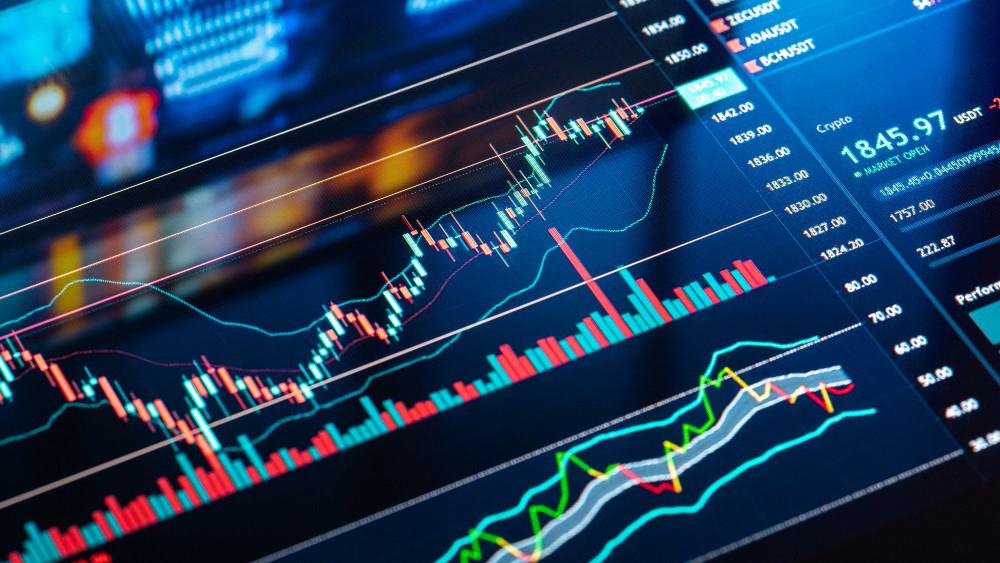Yesterday, Bloomberg analyst Jamie Coutts stated Ethereum (CRYPTO:ETH) prices might more than double to reach US$6,100. According to Coutts, Ethereum is gaining traction as a crossover asset with a “unique blend of equity, commodity and monetary characteristics.” The discounted cash flow model created by Bloomberg predicts ETH token prices could to surge to US$6,128.
There are several reasons for the bullish sentiment surrounding Ethereum. The upcoming merge will allow users to stake Ethereum tokens and earn income on the asset. It is similar to rental income derived from real estate or dividends generated by holding stocks. Around 30% of ETH transaction fees will be distributed among stakers.
Now, if demand for Ethereum increases, it will lead to an increase in fees and higher payouts. Transaction fees are a solid indicator that lets you analyze the robustness of a network. Right now, the Ethereum network is on track to generate US$12.7 billion in fees in 2022.
A look at Ethereum’s discounted cash flow model
Coutts is not the only analyst who is optimistic about Ethereum. Ryan Allis runs a crypto quant hedge fund and he believes ETH token is worth US$832 billion by market cap, based on a discounted cash flow model. Allis explains each Ethereum transaction has a fee and in January 2022, total fees surpassed US$1.3 billion.
The fee structure is split into base fee and tip fee. The miner gets 100% of the tip fee while the base fee gets burned, reduces the supply of ETH tokens, thereby increasing the overall price. It is similar to share repurchases, a strategy employed by publicly listed companies. Around US$10.5 million worth of ETH tokens were burned on March 23, 2022.
While miners get a fee, the shift toward a proof-of-stake model will mean stakers will enjoy monetary benefits for staking ETH tokens.
Allis explains Ethereum’s revenue in February 2022 stands at US$715.4 million, which indicates annualized revenue of US$8.58 billion. Further, annual staking rewards are forecast at US$1.4 billion increasing total annualized revenue to US$9.98 billion. Now, the net profits are equal to revenue which suggests profit margins are equal to 100% as no costs are associated with a distributed network.
So, we can assume that the ETH token is trading at a forward price-to-earnings multiple of 36.6, which is quite attractive given the steep multiples surrounding growth stocks. If we assume a forward P/E ratio of 100, ETH prices will surge to more than US$8,300.
Investors should note that Allis assumes average annual revenue growth rates at 25% for the next 20 years, which suggests the ETH token has an intrinsic value of US$7,000.
The ETH token is still a high-risk investment
While the discounted cash flow model is worth taking a look at, you need to understand investing in the digital asset carries massive risks. There are more than 18,000 cryptocurrencies in circulation, any of which can replace Ethereum.
For example, blockchain networks such as Avalanche, Solana, and Terra have gained significant traction in the last 15 months. Further, a majority of transaction volume can shift to Ethereum Layer 2 projects such as Polygon due to lower fees, which is bound to reduce demand for ETH.









